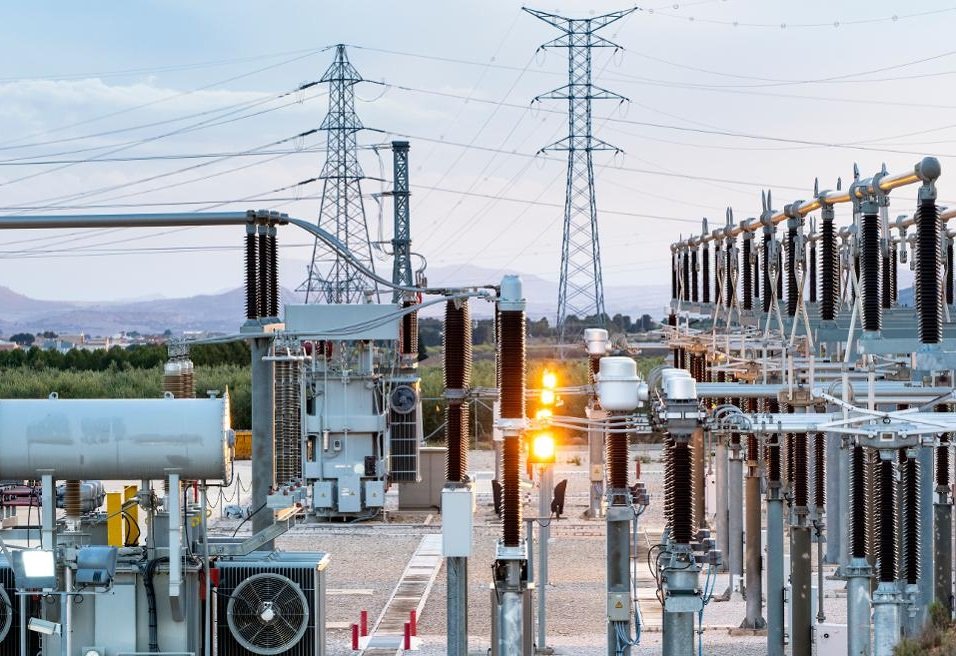Energy transition: Address environmental injustices first and create alternative livelihoods for oil-rich communities says a new report by S4C, YEAC & E360
Spaces for Change, in collaboration with Youths & Environmental Advocacy Centre (YEAC) and Extractives 360 (E360), with support from Africa Center for Energy Policy (ACEP), are pleased to jointly unveil this new report, Energy Transition in Nigeria’s Oil-Rich Communities. Nigeria is phasing out fossil fuels as part of its commitment to achieving net zero by 2060. Nigeria’s Energy Transition Plan (ETP) developed as a pathway for realizing the set target adopts natural gas as a transition fuel to aid the process of phasing out carbon-polluting fuels like crude oil. Meeting this target will put an end to Nigeria’s historical dependence on crude oil. Although Africa has been a minor contributor to global greenhouse gas emissions, with the continent accounting for less than 3% of the world’s energy-related carbon emissions, countries like Nigeria are witnessing radical changes in climatic conditions such as intense rainfalls, heavy flooding, depreciating coastal lines due to rising sea levels, drought and desertification.
These incidents highlight the country’s increasing vulnerability to climate change mainly caused by high carbon-emitting activities in the extractive and transportation sectors. With the goal of lifting 100 million people out of poverty by bringing modern energy services to the full population, Nigeria’s ETP proposes to reduce emission levels by increasing dependence on natural gas and focusing on low-carbon technologies that will scale up emission reduction across sectors, create 5 million new solar connections and up to 840,000 new jobs. How will oil-rich communities in Nigeria benefit from these ambitious plans?
Are oil-rich communities in Nigeria even aware of the ETP? With the adoption of gas as a transition fuel, including the long-term energy security proposals that are heavily anchored on the use of natural gas, how much have gas-rich communities contributed to the development of national transition plans? What are the guarantees that these plans will work for them? Should energy transitions succeed, what alternatives are placed before communities? What are the opportunities and mechanisms for including local communities (where oil and gas have been exploited for decades) in this new conversation so that they can also benefit from the new green economy? This report finds as follows:
- National energy transition plans are silent on communities that have borne the brunt of fossil fuel extraction for several decades and whose livelihoods are dependent on crude oil and local refining. National transition plans and policies neither made arrangements for cleanup, remediation, compensation, and rehabilitation of oil-rich communities nor for addressing the massive environmental damage that has accompanied the country’s protracted dependence on fossil fuels. ▪ ▪
- Decades of neglect, widespread environmental damage, and monumental poverty have now contributed to popularizing the environmentally damaging but money-spinning artisanal refining trade. This burgeoning venture is envisaged to become moribund in the new green economy, but the ETP did not make provision for the development of alternative livelihoods for local populations involved in this trade which is potentially a recipe for renewed violence.
- Corporations have announced their commitment to energy transition by unveiling their respective transition agendas. Some even changed names to align with the new trend. However, energy transition proposals by corporations make veiled references to communities, but a deep scanning reveals shallow commitments that require little, if any, deviation from current corporate behavior and practices that entrench power and knowledge asymmetry. They also reveal no effectual and concrete commitment to environmental accountability.
- Community support for energy transition is conditioned on the presentation of a clear roadmap for righting the wrongs that fossil fuels have done to extractive communities. From the community perspective, a just transition also means recognizing the gender-differentiated impacts of hydrocarbons and the availability of adequate remedies for these impacts.
- Oil-rich communities want to play an active role in the green economy, and not relegated to mere spectators and recipients of handouts packaged as corporate social responsibility (CSR) initiatives. Communities want inclusion, participation, enforceable contracts, alternative livelihoods, and environmental justice. To prevent a repeat of the mistakes of the fossil fuel economy, Nigeria needs to dismantle the governmental grip on natural resources, with the attendant centralized systems for resource governance. Leapfrogging into prosperity in the green economy requires a phased wind-down of economic dependence on the center, giving states the autonomy to manage their own natural and renewable resources.
Among other things, the report made the following recommendations:
- To prioritize the involvement of communities in the green economy, there is need to create spaces for healthy engagement and dialogues regarding energy transition to resolve concerns around inclusion, participation, decision-making, gendered impacts of business harms, and environmental accountability.
- Very importantly, steps must be taken to address environmental injustices first and create alternative livelihood for oil-rich communities. The involvement of women as key stakeholders in energy efficiency and environmental sustainability initiatives is imperative.








